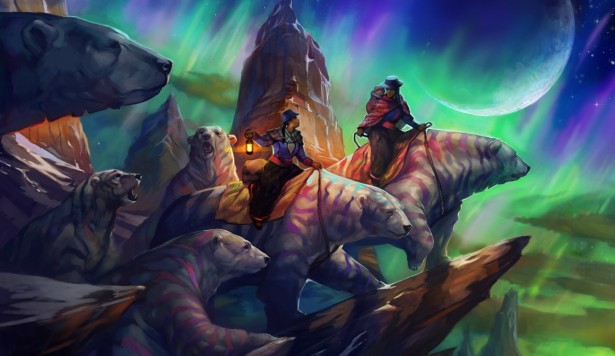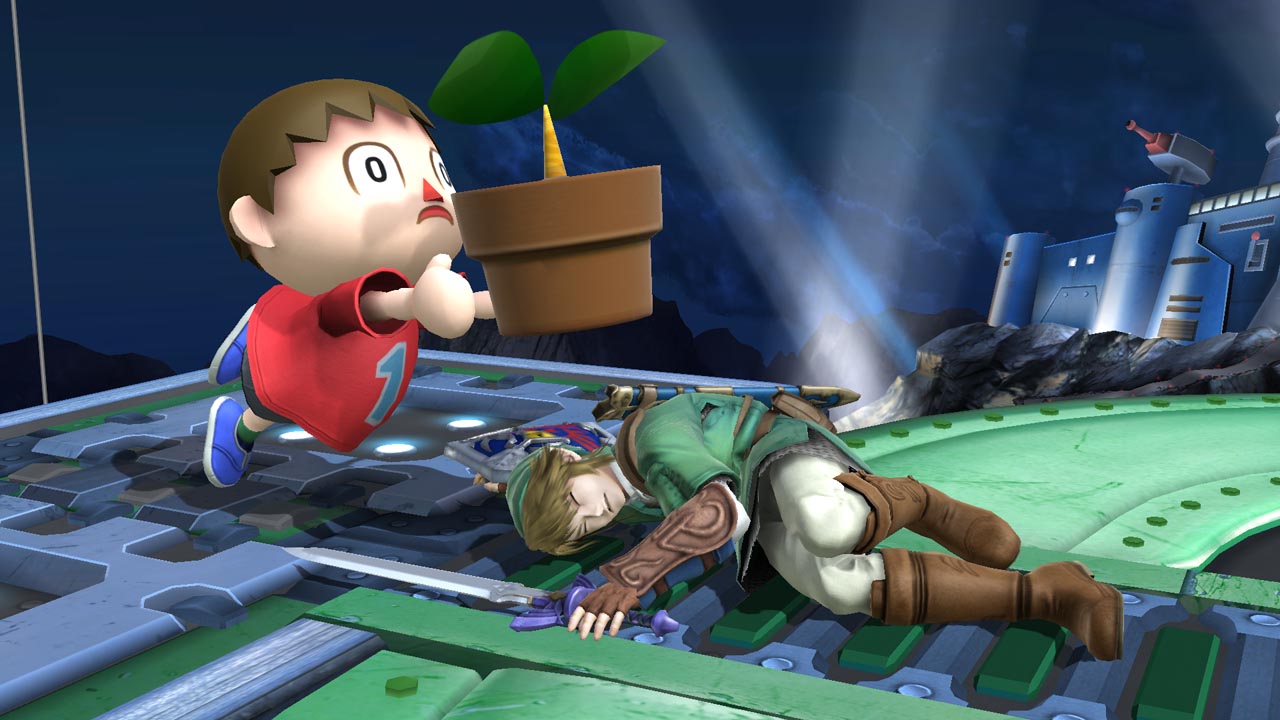Sheri Graner Ray, author (Gender Inclusive Game Design: Expanding The Market) and game designer, has written a new post over at Fem IRL on hiring folks based on whether or not they fit in and how that leads to companies hiring people who are just like their current employee base. Graner Ray writes:
It’s natural. We all tend to like people who are like ourselves. It is because we can easily identify with them. We share similar backgrounds and experiences. We ’speak the same langauge.’ We have common interests, likes and dislikes so it is only natural that we would feel most comfortable with those people who are just like us. And the converse is true.
This is nothing new. It’s the reason that the tech industry (and many other industries) are as homogeneous and screwed up as they are. But some might also argue that this is the reason that some companies (and collaborations) are as successful as they are. Alex and I are currently working on an article together (and have a huge deadline looming) and when we started writing I made a joke of telling her “I like working with people who think like me. That way I don’t have to spend so much time telling them why they are wrong and I am right”. As they say, the truth is said in jest. It is easier to work with people who think like you, but it can also be limiting. It helps to have someone push you, challenge you, call you on your bullshit.
A study coming out of Annenberg School for Communication and Journalism at the University of Southern California looked at the top grossing 100 movies of 2008 and basically came to the conclusion that “fitting in” has led to a disturbing trend in the film industry that anecdotally holds true for the gaming industry as well. The study finds that
- men had 67% of the speaking roles; women had about half that, 33%
- female characters were more likely to wear sexy, provocative clothing than men (26% vs. 5%) or to appear partially naked (24% vs. 8%)
The study attributes some of this to the fact that film makers are overwhelmingly male (8% of 2008 films helmed by women (compared to only 2.7% in 2007)). Without racial, sexual, or cultural diversity in any industry what we see is a perpetuation of the status quo (the study finds that these numbers are holding steady from a similar study done on the 150 Academy Award nominated films of 1977) . While these statistics seem to be catching the attention of mainstream America and being pegged as problematic, these are much better than the statistics concerning women in video games.
We have to admit that we naturally categorize things. As toddlers we learn to categorize shapes, colors, food, you name it. It’s the way that we learn to make sense of our world, but the big difference is what we do with those categorizations. Do we use them to make sure that we stay with folks that are similar enough to us that we are totally comfortable and unchallenged or do we use them to make sure that we form groups, teams, parties, what have you that are diverse enough to insure that we have multiple views, perspectives, and someone there to challenge us to push past the same old, same old?
The first episode of IGN’s new reality show “The Next Game Boss” is a near perfect example.
There seems to be one woman and two African Americans out of all four teams participating. A lack of sufficient diversity (or folks unwilling to speak up when they are in the minority) leads to game design teams drawing game concepts that have bosses that are 35 year old menopausal women who are raging and hate the world because they can’t have babies or a castle come to life boss that throws “dead, ugly princesses” at you in a cart racer. Now not only is this first description medically inaccurate, but they are both down right offensive. Oddly (maybe not), neither team is called out for this characterization. The worst part of it is that these are “indie game developers”. These are the folks that we had the most hope for, right?
All of this is to say that in the same way that if I only ever read one book, ate one food, or watched one film I would have a very myopic view of what literature, culinary arts, or cinematography was, if we only hire/work with people who are just like us we simply spend time perpetuating the status quo and never growing as scholars/podcasters/developers. At what point are we going to get this figured out folks?
Next up…”How to Deal with Diversity and Differing Opinions with Respect; Or, How Not to Be a Douchebag”. 😉




